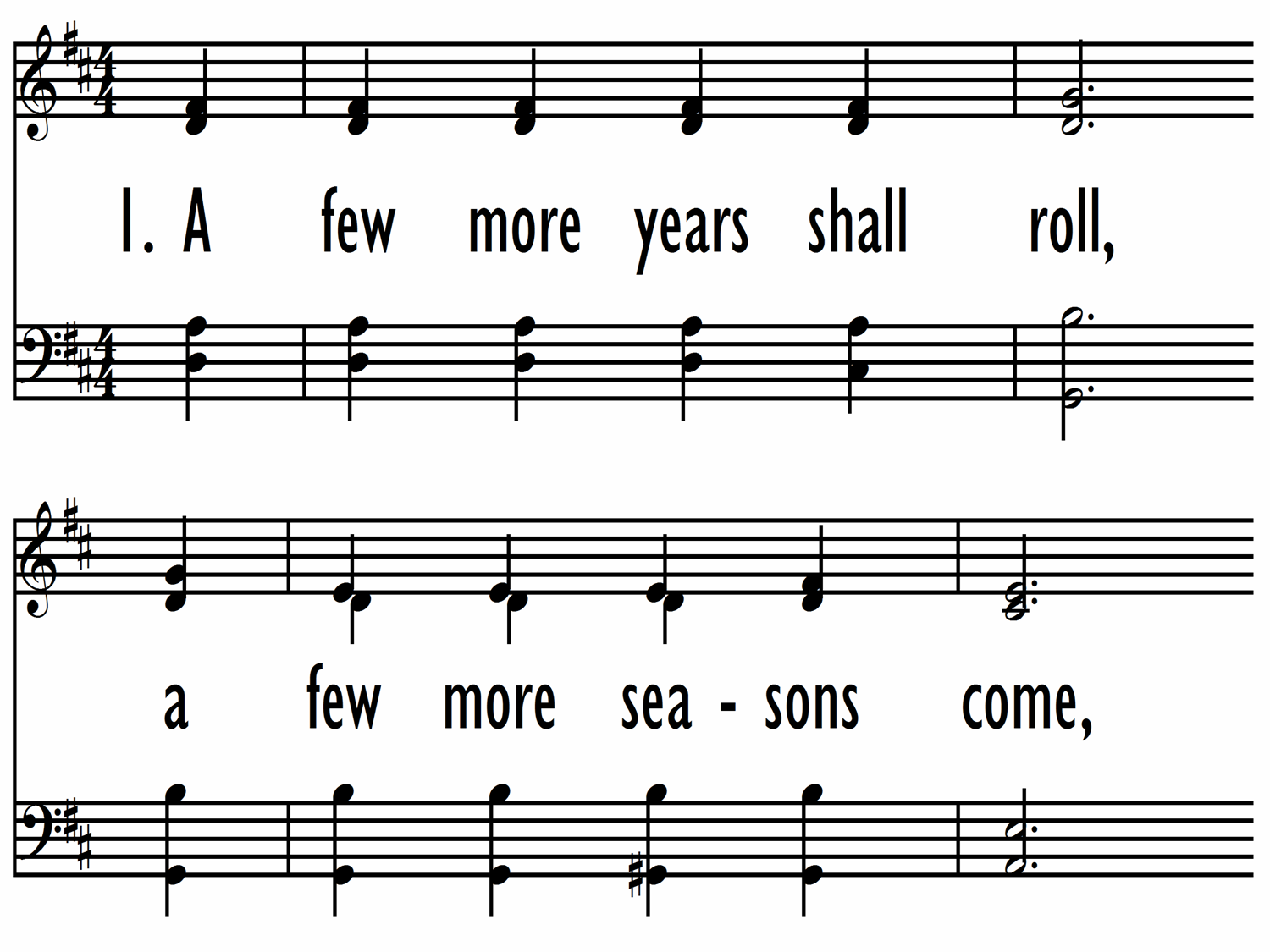- |
User Links
Not What My Hands Have Done
Hymn Information
- First Line
- Not what my hands have done
- Author
- Horatius Bonar (1861, alt.)
- Tune Name
- LEOMINSTER
- Composer
- George William Martin (1862)
- Topic
- Jesus Christ: Love · Jesus Christ: Savior · Responses: To Confession · Testimony/Witness · Elements of Worship: Confession · Elements of Worship: Forgiviness and Grace
Copyright Information
- Text Copyright
- Public Domain
- Tune Copyright
- Public Domain
- Reprint/Projection Information
- Words and Music: The Words and Music are in the Public Domain; you do not need permission to project or reprint the Words and Music.
Full Text
Scripture References
Thematically related:
- st. 1 =
- st. 2 = · ·
- st. 3 = ·
Further Reflections on Scripture References
Bonar subtitled the text "Salvation through Christ alone," and that is surely its theme: my salvation is entirely due to the grace of God, my own works have no merit at all, and nothing but the blood of Christ will do (st. 1-2); my natural response, then, is praise, for "my Lord has saved my life" (st. 3)! Bonar was a staunch Calvinist; in writing this hymn he stood resolutely behind John Calvin in the Calvin-Arminius controversy (see the introduction to the Canons of Dort in the Psalter Hymnal for a brief explanation about Calvin's and Arminius's teachings).
Bert Polman, Psalter Hymnal Handbook
Confessions and Statements of Faith References
Further Reflections on Confessions and Statements of Faith References
God’s children are not called to come before God’s throne with a list of accomplishments, or merits or goodness; they are called, says Our World Belongs to God, paragraph 26, to come with the humility that “…offers nothing but our need for mercy.” Such a cry for mercy comes from our “dying-away of the old self” (Heidelberg Catechism, Lord’s Day 33, Question and Answer 88) which expresses that we are “genuinely sorry for our sin and more and more…hate and run away from it” (Heidelberg Catechism, Lord’s Day 33, Question and Answer 89).
The gifts of renewal and pardon come only “through true faith” (Heidelberg Catechism, Lord’s Day 7, Question and Answer 20) and are “gifts of sheer grace, granted solely by Christ’s merits” (Heidelberg Catechism, Lord’s Day 7, Question and Answer 21). The very act of faith is to plead for his mercy.
Not What My Hands Have Done
Confession
Additional Prayers
Not What My Hands Have Done
Tune Information
- Name
- LEOMINSTER
- Key
- D Major
- Meter
- 6.6.8.6 D


 My Starred Hymns
My Starred Hymns





